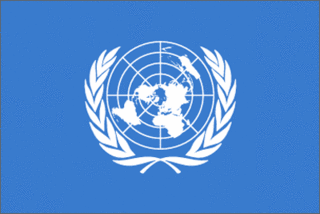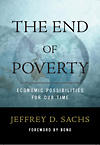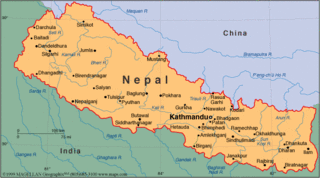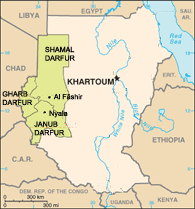Hurricane Katrina
Many blogs are participating in the Blog for Relief. For a list of sites that you can donate to hurricane relief click here. The American Red Cross can be found here.
--Tom Hayes
The Colorado Coalition for Human Rights Blog was created in 2005 by a political science graduate student at the University of Colorado at Denver. This blog seeks to bring information about human rights issues to students, professors and the general public and provide a forum in which information about human rights issues around the world can be shared collectively. For more information please email thayes264 @ hotmail . com
Many blogs are participating in the Blog for Relief. For a list of sites that you can donate to hurricane relief click here. The American Red Cross can be found here.





Perhaps one of the most important cases the Supreme Court has yet to hear will be Hamden v. Rumsfeld. The case involves Salim Ahmed Hamdan the former driver of Osama Bin Ladin who was captured in Afghanistan and taken to Guantanamo and is now being tried in a military tribunal. In these military tribunals, the defendant has no right to be present at his trial. Unsworn statements, rather than live testimony, can be presented as evidence against him. The presumption of innocence can be taken away from him at any time; so can his right not to testify to avoid self-incrimination. If Hamdan is convicted, he can be sentenced to death.

The Washington Post has an amazing story about 15 Guantanamo Bay prisoners who are still being imprisoned despite being cleared of terrorist charges. In the story, Chinese Detainees Are Men Without a Country Robin Wright reports that the Bush administration is still trying to find a country to send the 15 Muslim men after 20 other countries have refused to grant them asylum. The US will not release them to China due to fears that they will be tortured. The Bush administration has also refused to allow the men to come to the United States.








Jose Padilla otherwise known as the "dirty bomber" is still being held without ever being charged by the US government. Padilla (an American citizen) was arrested in Chicago's O'Hare Airport and designated an enemy combatant for his plot to detonate a dirty bomb. Although Padilla remains in a military brig in South Carolina, he has yet to be charged with a crime. Padilla may be a terrorist and a traitor and deserve severe punishment, but he has not been given the opportunity to try to prove his innocence in a court of law, a gross deprivation of due process. For more information read this CATO institute article. For updates in this case, which has reached the Supreme Court and will do so again, please check out chargepadilla.org. For a related article about the military trials of Guantánamo detainees click here.


